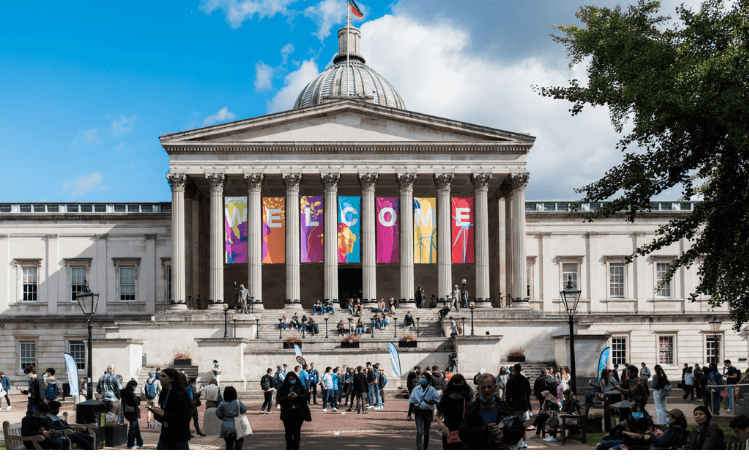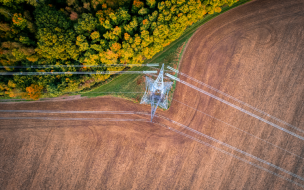The collaboration is part of UCL’s new Sustainability Lab—a student-led initiative that sees them working alongside industry professionals and companies to tackle sustainable business challenges.
Sustainability Lab students work with the Trust’s conservation experts on social impact projects to help develop solutions for critical environmental challenges such as biodiversity loss and species decline.
In future, UCL and Wild Planet Trust will also work with corporations to help minimize their impact on the environment.
“A business school may not seem to be the traditional birthplace of a conservationist, but the reality is that we are all conservations if we choose to be,” said Dennis Flynn OBE, CEO of Wild Planet Trust.
Projects are already underway, UCL students are starting with research aimed at developing the biodiversity offsetting market.
“As a school we wanted to find new ways to create a positive impact on the environment through our work and collaborations, which is what led us to Wild Planet Trust,” said Paolo Taticchi, professor in strategy and sustainability at UCL.
The first project is assisting the development of the Wild Planet Trust into a provider of biodiversity offsetting services—an emerging market within ESG (Environmental, Social, and Governance) used to reduce the damaging effects of business activity on the environment.
UCL’s invigorated focus on sustainability is part of a wider drive throughout the business education sphere and to address climate issues.
The Financial Times recently announced its Responsible Business Education Awards showcasing the efforts of students and institutions alike to innovate in their focus on sustainability and social impact.
As the climate emergency accelerates, business school deans also predict an increasing focus on ESG in the classroom. Some predict it will become a driver for incoming candidates in deciding where to study.
Next Read:
Younger Workers Are Rejecting Job Offers From Companies Based On ESG Factors







